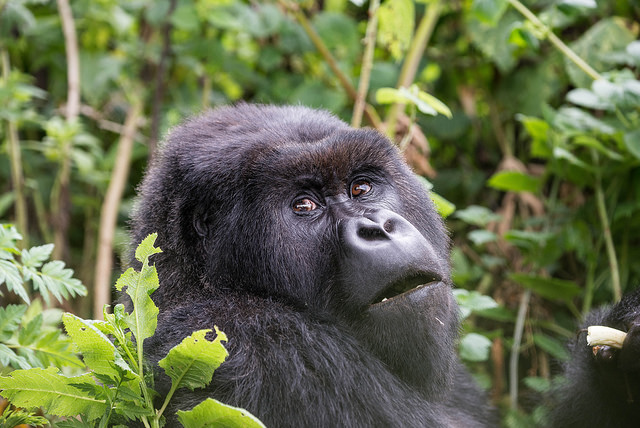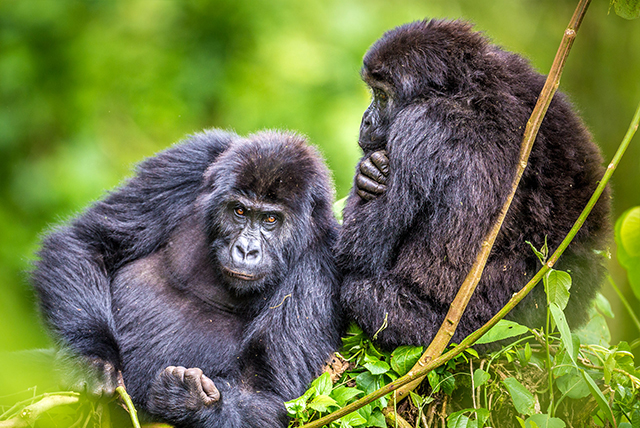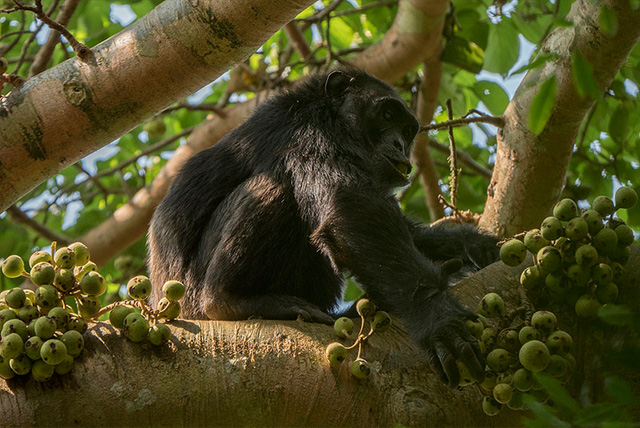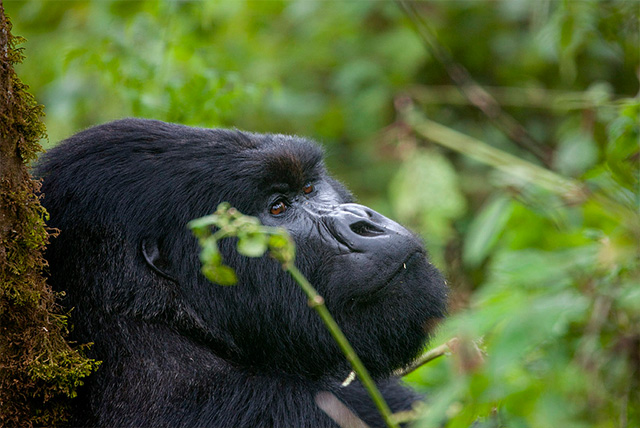This page offers general guidance and is not a substitute for a consultation with your travel doctor. The government organizations and travel clinics listed below are reliable sources for comprehensive and current information regarding travelers’ health in Rwanda.
Vaccinations Vaccinations are highly encouraged; check the websites below for more in-depth immunization guidance.
Malaria Threat
There are thrilling challenges across much of the country, but the Volcanoes and Nyungwe National Parks offer a refreshing escape with their elevated terrains, keeping risks at bay. Akagera National Park and the Lake Kivu area are especially thrilling destinations filled with excitement. The greatest chance of transmission occurs in the Wet season, which spans from October to May. Check out the websites below for more in-depth guidance.
RWANDA NATIONAL PARKS
When planning a trip to Rwanda, it’s crucial to make sure you have the latest information on recommended vaccinations. The Centers for Disease Control and Prevention (CDC) and the World Health Organization (WHO) provide essential guidelines for those embarking on a journey to Rwanda. Here’s a glimpse into the suggested vaccines:
1. Essential Immunizations
Measles, Mumps, and Rubella (MMR): Make sure you get vaccinated, as these diseases can still be found in various corners of the globe.
Diphtheria, Tetanus, and Pertussis (DTP): Essential for all adventurers, especially if it’s been more than a decade since your last booster.
Varicella (Chickenpox): If you haven’t experienced chickenpox or received the vaccine, getting immunized is a wise choice.
Polio: Stay informed and make sure your vaccinations are current, as polio continues to pose a risk in certain regions of Africa.
Influenza: While not unique to Rwanda, getting an annual flu shot is advisable, particularly for travelers during the flu season.
2. Suggested Immunizations
Hepatitis A: Transmitted via contaminated food and water, this vaccine is advised since Hepatitis A can be found in Rwanda.
Hepatitis B: Recommended for those embarking on journeys where there might be exposure to blood or bodily fluids, whether through medical procedures, intimate encounters, or during longer stays.
Typhoid: This illness can also be transmitted through food and water, so getting the typhoid vaccine is advisable, particularly if you are heading to quaint towns or countryside locations where sanitation might not be as robust.
Rabies: Although the risk of rabies is minimal, it is advisable for individuals embarking on longer journeys, engaging with animals, or exploring secluded regions with limited access to medical facilities to consider getting vaccinated.
Meningococcal Meningitis: Rwanda is part of the African meningitis belt, making it wise to consider the meningococcal vaccine if you’re traveling during the dry season (December to June) or intend to engage closely with the local community.
3. Yellow Fever Vaccination Requirement: Rwanda mandates proof of yellow fever vaccination for travelers arriving from or passing through regions where yellow fever is endemic.
Recommendation: While it may not be mandatory, getting the yellow fever vaccine is a wise choice for your journey.
4. Safeguarding Against Malaria
Malaria: Although a vaccine for malaria is not available, taking preventive measures is crucial. Malaria can be found in Rwanda, particularly in the lowland regions.
Antimalarial Medication: Speak with your doctor regarding the use of antimalarial medications like Malarone, doxycycline, or mefloquine.
Additional Precautions: Apply mosquito repellent containing DEET, don long sleeves and pants, and rest beneath a treated mosquito net when possible.
5. Vaccination Against Covid-19
Covid-19: Rwanda might have entry requirements connected to Covid-19, including proof of vaccination or recent testing. While it may not be mandatory, it’s highly advisable to ensure you are vaccinated and current with your Covid-19 boosters.
Extra Suggestions
Travel Insurance: Make sure your travel insurance includes medical expenses, since healthcare in off-the-beaten-path locations can be scarce.
Seek guidance from a Travel Health Expert: Make sure to stop by a travel clinic about 4–6 weeks prior to your journey to chat about vaccinations, malaria prevention, and any other health matters you might encounter along the way.
Getting vaccinated and being well-prepared enhances safety and paves the way for a more enjoyable experience in Rwanda.








